Tech companies vs regulators - implications for advertisers
Governments are gearing up to take on tech giants. Will corporate breakups occur, and how will these platforms evolve to stay on top of change? We look at the digital advertising implications, and consider what will happen next to privacy, monopolies, and the regulation of online content.
Privacy unbound
The final phase of third party cookies continues, as we discussed in our in depth briefing in March. Concerns over privacy, data use, monopolies, and the extent of fraud has led to Google, Firefox, and Apple phasing out third party tracking. Google’s timeline for Chrome changes was extended amid the COVID-19 pandemic (as developer time was limited for everyone), but the move is still going ahead.
This transition is of primary importance to advertisers. The fear is that advertisers get bound up close to the big providers who have their own data, but high traffic content sites are moving fast to offer their own inventory driven by first party data.
What supersedes these solutions is AI and machine learning. Encrypted data is optimised without personal information ever being passed or read. The push for privacy pushes the advancement of AI solutions for digital advertising.
End of monopolies
Challenges to the growing dominance of the big digital advertising platforms has been a theme of the last decade. Since 2010, the EU has challenged, fined and forced changes to Google’s advertising platform. The split up of Google Shopping providers has been the biggest impact result for advertisers.
Analysts now believe that antitrust actions in the US and UK will follow - with the Department of Justice in the US poised to file a case as soon as July. The DoJ has been compiling the case for months, focused on actions Google have taken to build and maintain its monopoly status as the one place for ad spend. This is not of course Google’s view, and we can expect detailed rebuttals. "Competition is flourishing, and publishers and marketers have enormous choice," said Sissie Hsiao, Google’s VP.
We may see the enforcement of advertising exchanges, operating with similar rules and transparencies as financial exchanges, and the break up of services from single companies. In Australia, the government’s ongoing pursuit of a ‘link tax’ (in which Google would pay publishers for quoting content on search result pages) is a test case.
As digital ad spend rises up above other forms, a monopoly in this sector can become one for all of advertising - which is why regulators around the world are now pushing their investigations forwards.
Making social media responsible
The spectacle of Twitter versus Trump has given new focus to these ongoing discussions. Facebook and Twitter’s original model was that of being a neutral platform - and therefore not responsible for the content of user’s posts. This has slowly transformed over time. Now a combination of AI and larger internal divisions flag up and check content. Fact checking, copyright protecting algorithms (spotting any uploaded content which is copyrighted), and more highly resourced moderation of content are also now routine.
There’s now a contradiction for these companies - claiming to provide a vast and open platform, while also needing to regulate that platform and negotiate with state actors such as Trump who can also wield antitrust investigations. Political content on social media during the US presidential campaign is already heating up to be a huge new testing ground - expect to see accusations of bias, calls for reform and antitrust, and statements about Silicon Valley gain ever more prominence. The EU also have an open consultation on the future of content and privacy.
The fate of Facebook’s ‘oversight board’ for content decisions is a test for self-regulation in the industry. Complete with a draft charter and with a team of 40 outside members, they have the power “to reverse Facebook’s decisions about whether to allow or remove certain posts on the platform”, Facebook’s press release stated.
The implications for digital advertising more widely are less obvious here. One dimension of the debate is simply a fight between traditional (shrinking) media and their usurpers. A second will profoundly affect the perception and reality of online platforms, how they’re used, and the kinds of audiences which advertiser’s can reach on them.

